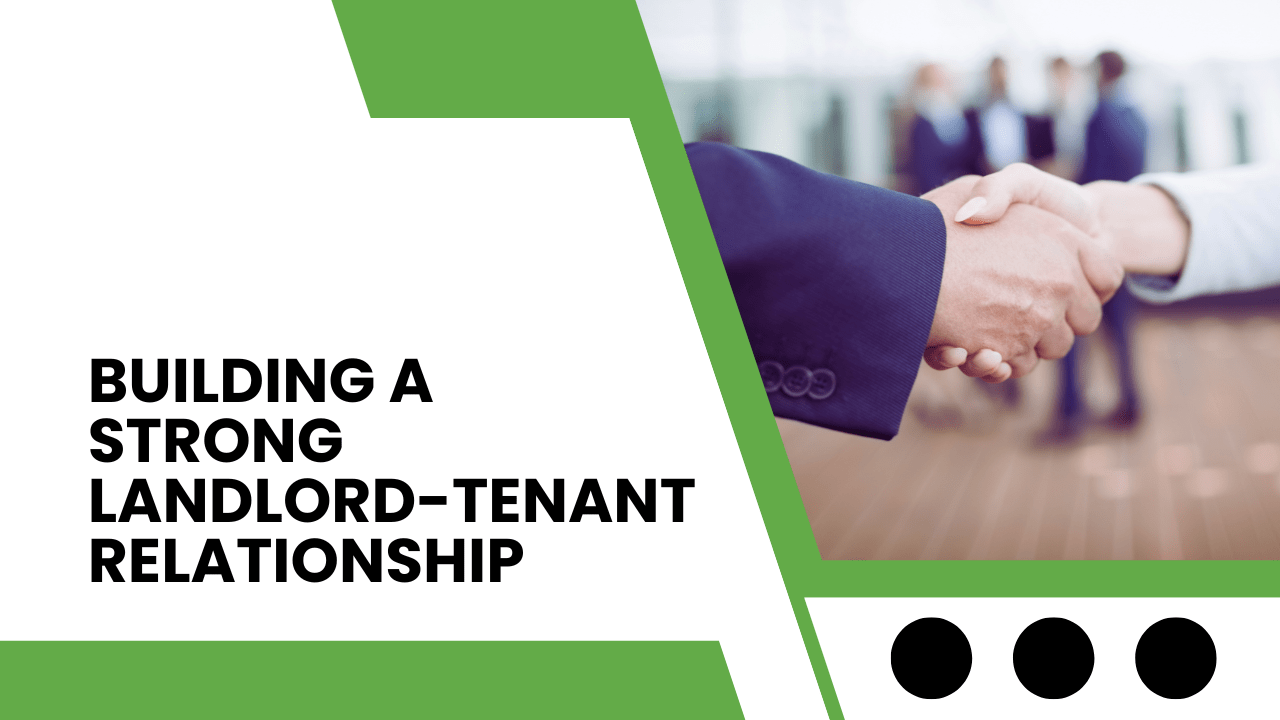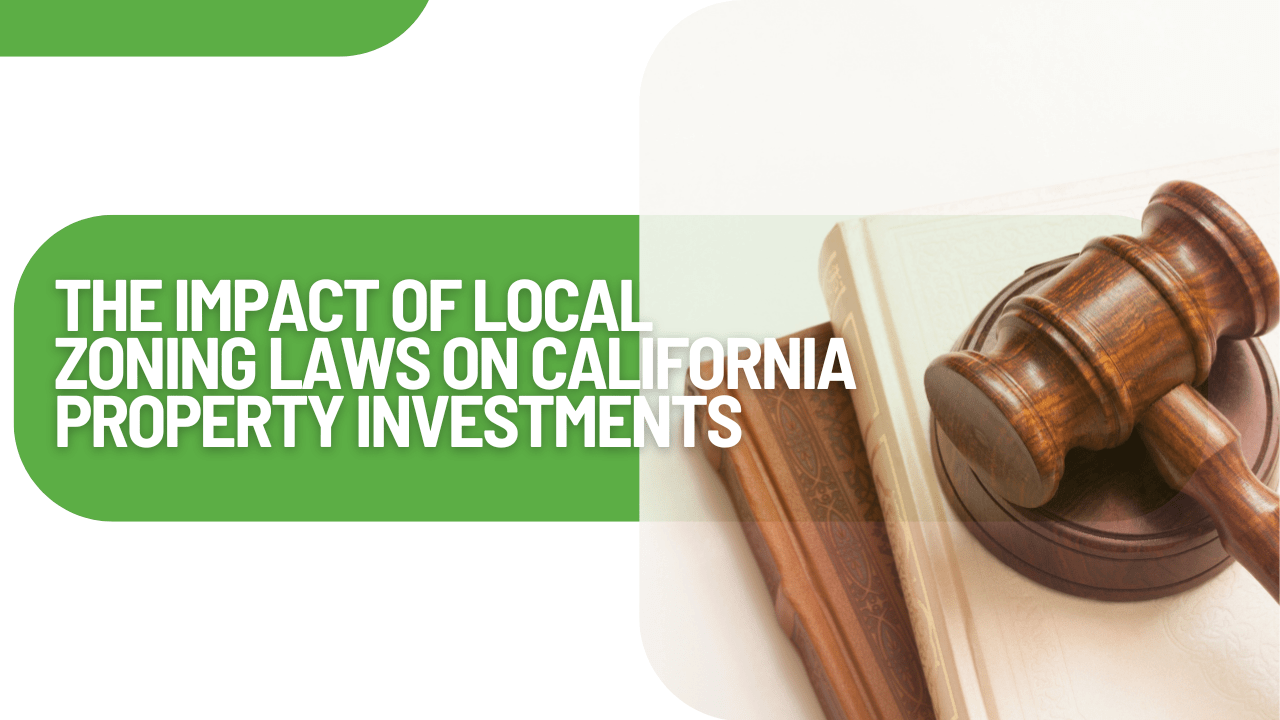What to Know About Owning Rental Property | 10 Important Tips for Landlords
Fred Whitney • December 14, 2018
If you’re wondering what to know about owning rental property, we have 10 tips that will provide an overview. Whether you’re a new landlord or experienced investor, these tips are critical to your success as a rental property owner.
- Location matters to tenants, too. When you’re shopping for an investment property , buy a home that’s in a good neighborhood, with high quality schools and a decent quality of life.
- Online advertising is critical. Most renters are looking for properties online. Market your home on all the sites that tenants are using to identify properties they’d like to see.
- You cannot skimp on tenant screening. It’s important to have a rigorous screening process in place. Check a tenant’s credit, criminal history, employment, income, and rental history. Your entire landlord experience depends largely on tenant quality.
- You need a strong rental agreement. Your lease must be thorough, detailed, and legally compliant in California. Don’t use a sample lease that you found online. Make sure the rental agreement protects you and your property.
- Document property condition. Before a tenant moves in, do a thorough inspection of the property, with pictures, descriptions, and video. This will help you determine whether there’s normal wear and tear or property damage left behind after a tenant moves out.
- Collect rent consistently. You have to be consistent with your rent collection policies. Let tenants know when rent is due, how it should be paid, and what the penalties are if the rent is late.
- Know the laws. The rental property business comes with a lot of liability. You need to understand fair housing laws, security deposit requirements, and habitability regulations. Educate yourself, and stay up to date on changes in these laws.
- Work with good vendors. You don’t want to scramble to find a roofer when a tree falls through the house in the middle of the night. Develop and maintain a solid vendor list, with licensed and insured professionals who will do good work within your budget.
- Track your accounting. You’ll need to file taxes every year and declare the income and expenses associated with your rental property. Make sure you have a bookkeeping system in place that keeps you organized and compliant with all tax requirements. Utilize all your deductions and save all of your receipts. Documentation is critical.
- Professional property management helps. If you really want to maximize your success and rental income, work with a property manager who understands the local market and the industry. You’ll earn more and spend less.
These tips for landlords will help you have a better experience with tenants and your property.
Please contact us at JBL & Associates if you’d like to hear more about property management in California City.







